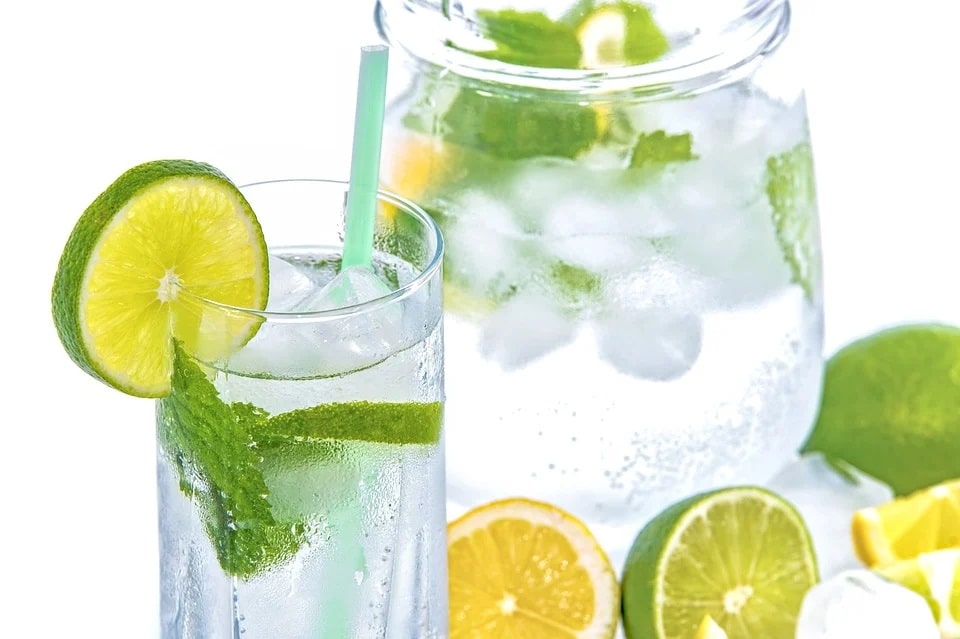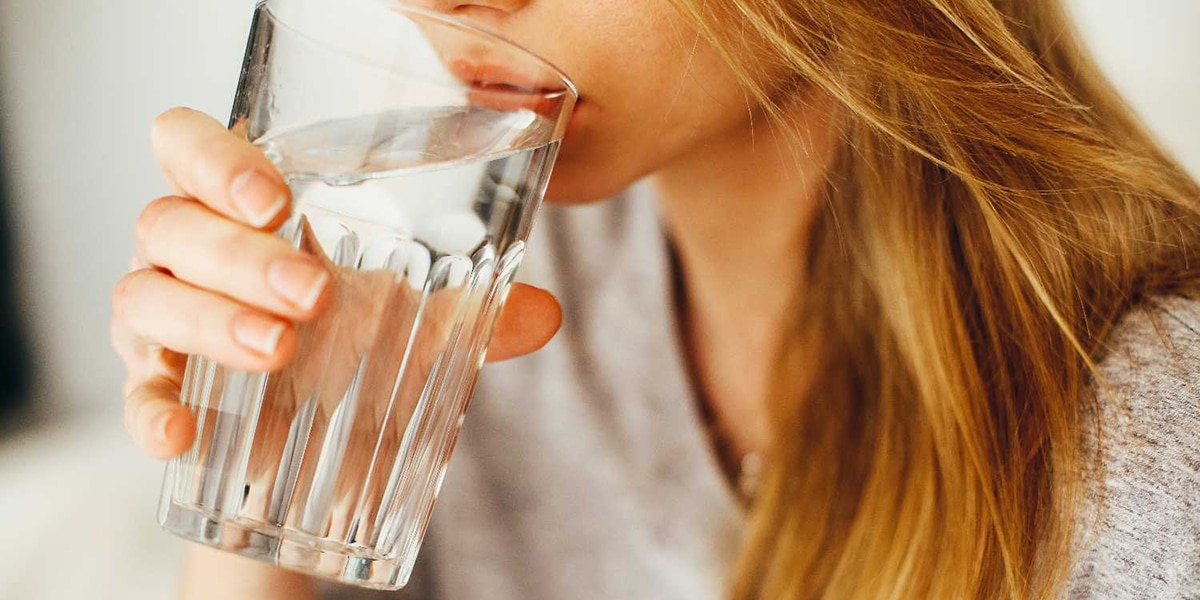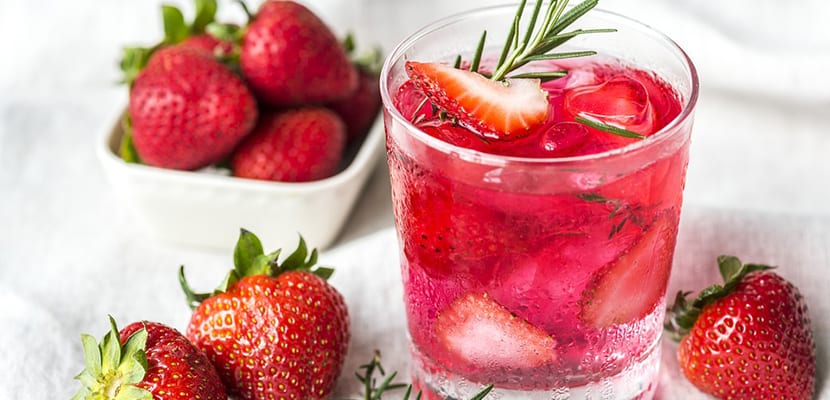
Water is part of the basis of all living things. Not only are we, to a large extent, water but it is an essential element for other aspects such as hygiene or for therapeutic purposes.
All civilizations have developed taking water into account, either to collect rain, either in hot springs or baths, or by establishing themselves near rivers to supply themselves. It is a staple for everyone.
The water in our body
Around 60% of our body weight is water, around 45 liters. Water intervenes in many functions of our body and therefore proper hydration becomes essential for good health.
A loss of 2% of water, which a priori might seem small, alters the thermal regulation of our body and the volume of plasm. A loss of 7% would also cause hallucinations and if we lose 10% it could cause death.
In addition, water homeostais is essential to have hydroelectrolyte balance, thermal balance, acid-base balance and many metabolic processes.
Therefore, not only water is important but also its contribution in essential minerals such as sodium.
How do we lose water?
Water is lost through sweat, urine, feces, and respiration. All this together makes a daily loss of between 2500 and 3000 ml approximately. An amount that we must reestablish with food.
All living things we have a network of mechanisms to control the water in our body. Sensitive detectors, which are connected to the brain, collect all the information and direct the organs in charge of regulating fluids (kidneys, sweat glands, salivary glands, etc.) and the need to drink water is also stimulated through sensation. of thirst. In this way our brain sends the necessary signals to eliminate or recover fluids from our body, or what is the same to regulate them.
How is the consumption of liquids regulated?
For the body hydric and osmotic balance is essential (amount of sodium present in our body) and therefore, in cases of imbalance our body has two mechanisms to regulate itself again. These two mechanisms are also related to the feeling of being thirsty.
If the loss of water is greater than that of sodium, and therefore an imbalance occurs, the body uses the release of antidihuratic hormone as a mechanism to provoke thirst. Thus stopping the urge to urinate and generating a feeling of thirst.
On the other hand, if sodium loss is greater than that of water, water tends to accumulate in the extracellular space causing the cells to swell. Faced with this, our body reacts by releasing a vasocontrictor that causes thirst and the release of a hormone that demands the intake of salt.
The most common is that the loss of water and sodium is proportionate. Hence In most cases, to regain hydration it is only necessary to drink water with an adequate proportion of minerals.
Are you well hydrated?
There are certain responses of our body that indicate that our hydration is not adequate:
- Urine that is too light or too dark. The first may be indicating an excess of fluid that our body is eliminating, while the second would indicate a lack of fluid.
- Urinate as soon as you drink. If the water we consume is very low in minerals, it can cause our body to eliminate it quickly. Try to eat more fruits and vegetables and kick the habit of sipping by drinking in larger quantities and fewer times.
- Feeling bloated Lack of sodium can be a reason for bloating, so keep an eye on the water you are consuming and its mineral content.
- Edemas appear. This is the accumulation of fluids in the extracellular zone. There are many reasons why this may be happening to you, but it is always a good option to check your urine and drink more water if indicated.
When, how and what to drink?
The sensation of thirst that our brain produces should be a sufficient indicator to know when we need to drink.
However..what if i'm not thirsty? Currently we drink a large amount of liquid throughout the day, either because we are constantly drinking water, or because meeting friends for a drink is part of socialization, etc. The point is that There are people in whom these indicators of thirst have been lost to the habit of drinking liquids continuously, whether or not they are thirsty. And that human societies have never been so easy to drink water as today.
There are exceptional situations, such as athletes or people with specific health problems, who must control the amount of water and sodium they need during activity, in the case of the former, and during each day in the case of the latter.
It should also be borne in mind that excessive thirst indicates that there is a disease such as hyperglycemia without necessarily being dehydrated.
What to drink
Our Primary sources of fluids should be mineral water, fruits and vegetables rich in water and healthy electrolytes. It must be taken into account that the water goes through certain processes that can partially demineralize it. Therefore, just drinking water may be insufficient to maintain proper hydration.
Our body is designed and expects mineral water, so a consumption of weak mineralized water does not make sense if it is not necessary and recommended by our doctor for special circumstances.
How to ensure good hydration?
- Consume vegetables and fruits rich in water and minerals.
- Check the water you consume daily and drink water with a good mineral content.
- Drink bone broth, it is rich in electrolytes and minerals: Bone broth, the 'superfood' you have to include in your diet
- Listen to the indications of your body and if you do not feel thirsty, recover the feeling exercising and sweating. This will raise the hormones that are related to the regulation of fluids.

